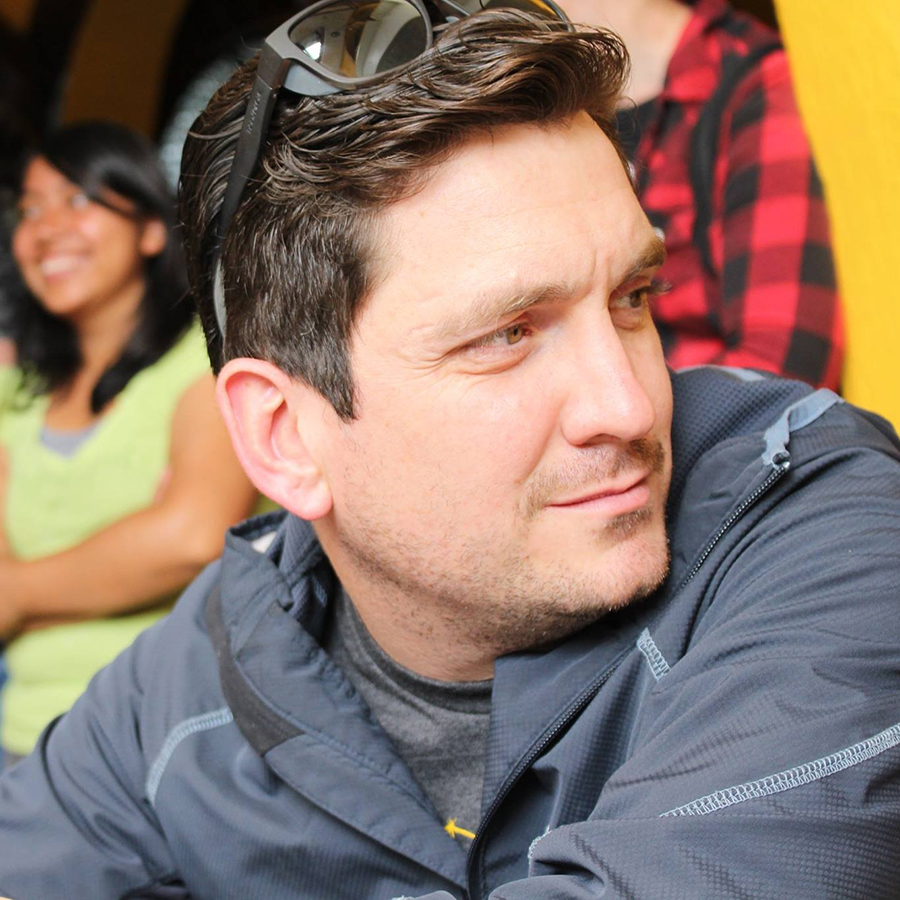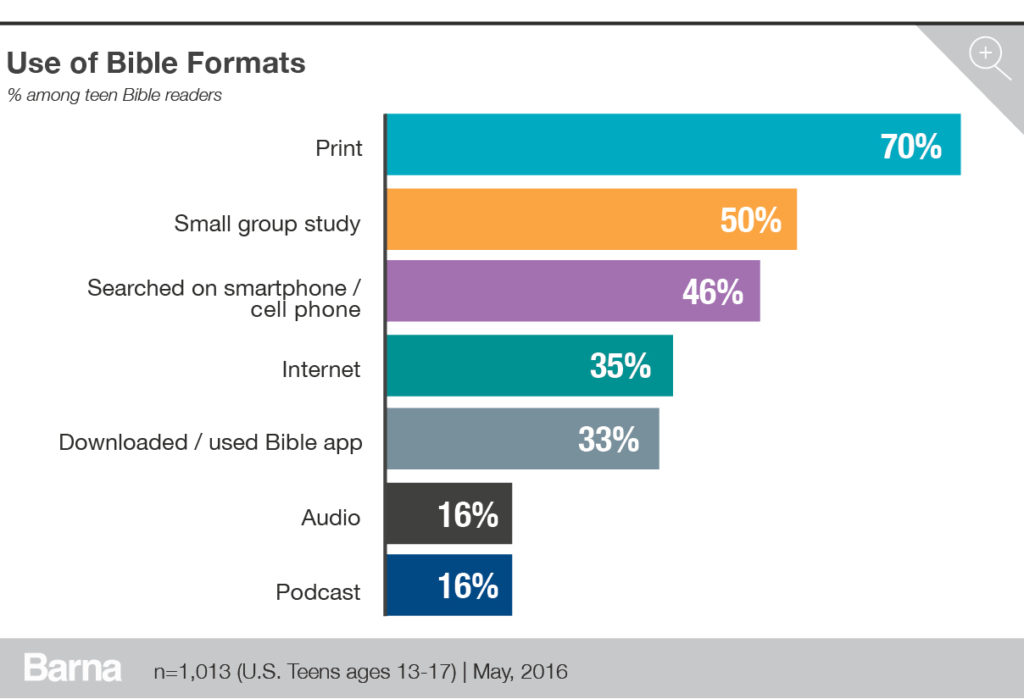New research reporting American teens have more respect and use for the Bible than some might think comes as no real surprise to Gavin Rogers.
The “2016 Teen State of the Bible” project, commissioned by the American Bible Society and conducted by Barna, found significant numbers of young people regularly read the Bible, consider it important in their spiritual lives and view it as a source of hope.
The research, which was published Aug. 26, also found that most teens prefer a hard copy of the Bible over computer- and phone-based apps, feel comfortable reading scripture in public and believe it should have more influence on society than it does.

Gavin Rogers is a Texas youth minister who questions how well Bible reading translates into biblical literacy.
“I would imagine that is an accurate breakdown of our students,” said Rogers, the youth minister at Christ Episcopal Church in San Antonio, Texas.
It could be a Southern phenomenon, but Rogers said most of his youth have a positive opinion about the Bible.
“It’s a respected book and most people see it as a good thing,” he said. “The kids in my youth group who read it regularly do use it for spiritual guidance.”
Respect, interest in scripture
According to the study, 86 percent of U.S. teens view the Bible as sacred literature and 69 percent own a Bible. One quarter of them read the Bible four or more times weekly and 42 percent hear scripture read at least once a week.
Another 53 percent expressed a desire to read the Bible more often while 14 percent said their reading had declined due to busy schedules.
Half of the teens surveyed said they often see their parents reading the Bible and 54 percent said scripture has “a lot” of influence on home life.
“American teens sometimes get a bad rap as being uninterested or even anti-faith,” Arthur Satterwhite, a senior manager at ABS, said in comments published with the online study. “But today’s … report shows that a majority of America’s teens have respect for and interest in the Bible.”
And apparently that means the paper, not electronic, version. Among those who read the book, 70 percent prefer to do so with a print copy, the study found.
‘A degree of encouragement’
That jives with what Alan Rudnick has seen in the churches he has served.
Despite projecting scripture verses on screens during youth events, Bibles are everywhere to be found and are regularly given as gifts to students as they graduate between grade levels, said Rudnick, an ordained American Baptist minister and associate and executive pastor at DeWitt Community Church in DeWitt, N.Y.
Plus, there is a lot of pressure from moms and dads to read hard copies of the Bible, he said.
“A lot of parents are weary because their kids spend so much time on screens,” he said. “They would really like them to put a book in their hands.”
The ABS and Barna survey does seem to prove what sociologists have been saying for years, which is that parents are the number one influencer of their children’s spiritual lives, Rudnick said.
“It does serve as a degree of encouragement that for as much as we think Christianity is losing its influence, there still is a majority of youth and children who reading the Bible,” he said.
Concerned about biblical, religious literacy
Rogers said wasn’t surprised by the finding teens prefer actual to virtual Bibles, nor that significant numbers are reading them.
But that doesn’t mean it’s problem solved for the church or the faith, he said. Rather, the important issue centers on how much the teens are learning from what they read.
“I’m much more concerned about biblical literacy than with time in the Bible,” Rogers said.
In recent decades, biblical literacy has dropped so low among both teens and adults that ministers can no longer mention biblical stories and characters without stopping to provide background, Rogers said.
“I often reference biblical characters and biblical stories, and you kind of assume they should know it,” he said. “But I’ve learned I can’t just throw out these stories. You have to reteach them.”
Wider religious literacy also leaves much to be desired, Rogers said.
“In a world where religion matters for good or for bad, the more we fail to understand those components the more we misunderstand each other,” he said.




